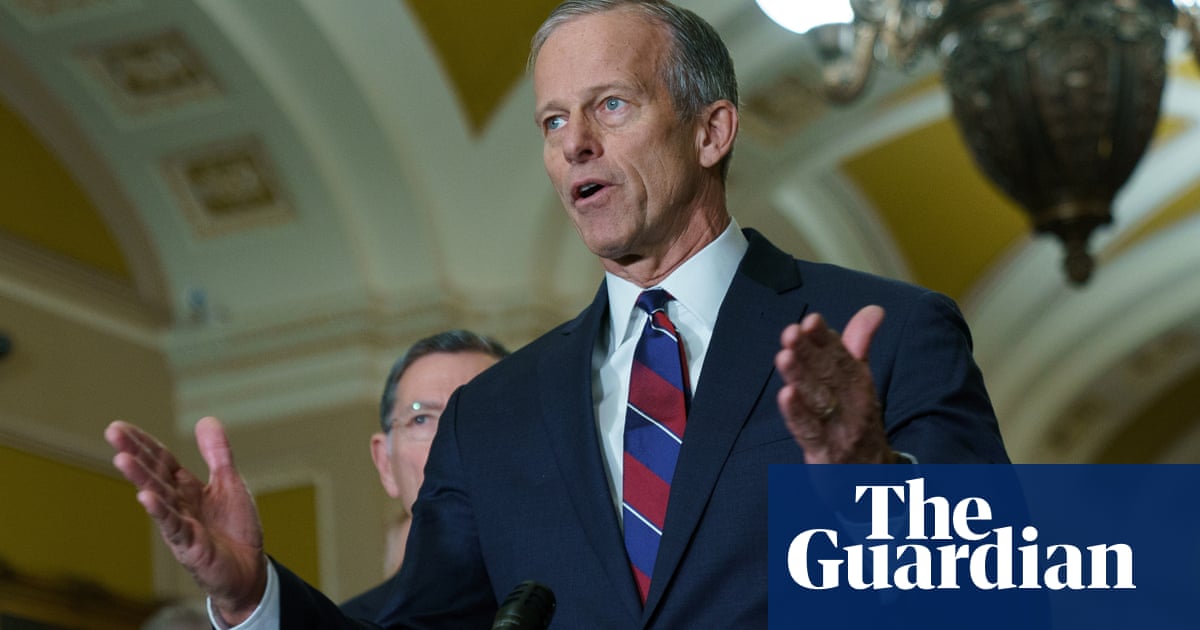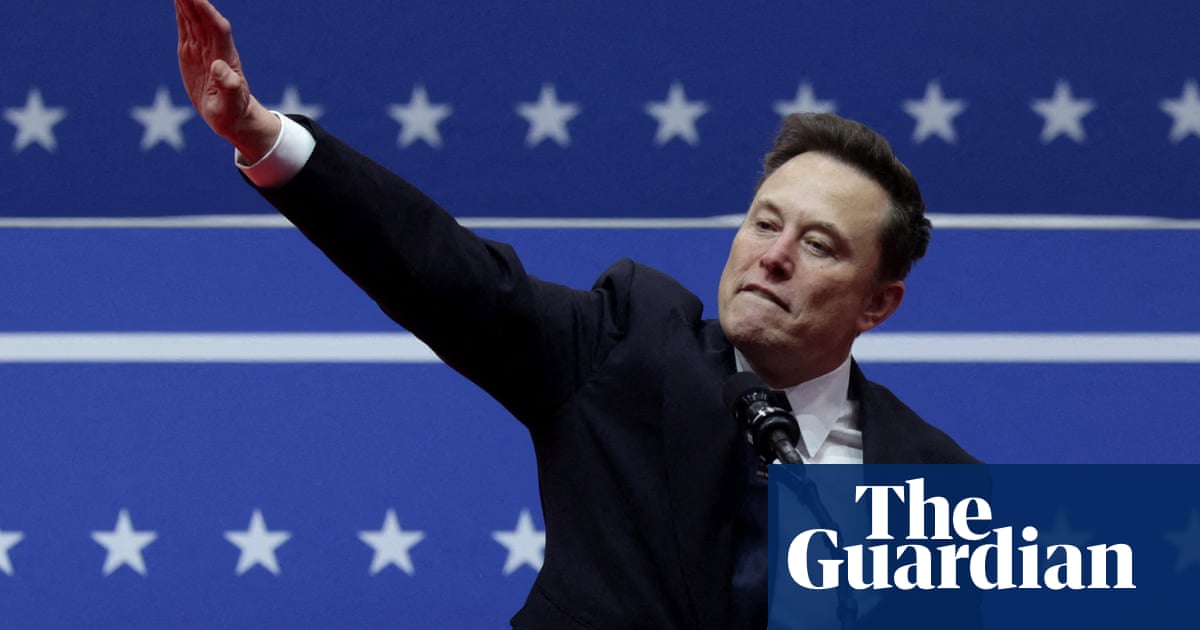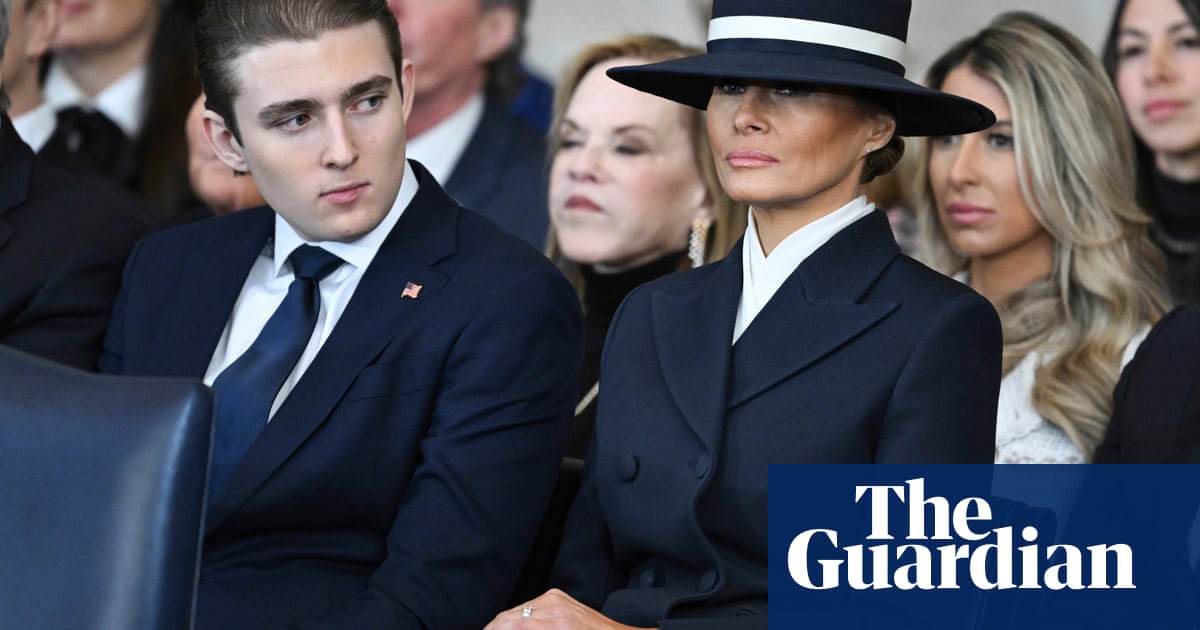Ellie Kildunne wants to be considered the best rugby player in the world and could take a step towards that accolade on Sunday by being crowned women’s 15s player of the year. The England full-back is shortlisted at World Rugby’s swanky event in Monaco, hours after taking her Harlequins side to Saracens for a London derby.
Having won every game with England this year, and played sevens in the Olympics for Great Britain, Kildunne says she may need to test her versatility in the best 13-a-side competition on earth: Australia’s National Rugby League Women’s Premiership.
Women’s professional rugby appears to be going down the same route as franchise cricket. A relatively small pool of elite talent is wanted by everyone – clubs and countries, at 15, sevens and 13s. Three of the Olympic gold-medal winning New Zealand sevens team joined several Australia sevens players in the NRLW Premiership straight after Paris. Fran Goldthorp, a rival for Kildunne’s England full-back jersey, has, aged 21, already won Super League titles with Leeds Rhinos, played for England Under-20s at union, reached the 2022 Rugby League World Cup semi-final and spent an NRLW season with North Queensland Cowboys before rejoining Loughborough Lightning. Talent is heading where the money is. So has Kildunne considered a temporary return to her rugby league roots?
“Yes, I would love to do that, 100%,” says Kildunne, who played junior league at her local club Keighley Albion. “There’s two sides to it, though. My priority is with Quins and the Red Roses and that’s at the forefront of my mind at the moment. Then there’s a Lions tour in 2028 and a World Cup not so long after that and another Olympic cycle I want to be part of, so the opportunity to go off for a year to sunny Australia or New Zealand becomes slimmer and slimmer. But it doesn’t mean I wouldn’t do it. Rugby takes you to different places in the world, which is super-exciting. I’ve got a dog at home to take into account, though!”
The benefit of playing different formats that polish a variety of aspects to your game, as well as massively increased exposure and income, make cross-code moves almost certain to increase. Shorter seasons make it possible: six weeks of this, six months here, three months there, a month off, repeat. While her Quins teammates had the summer off, Kildunne squeezed in the Olympics before returning to Red Roses action in Canada. Great Britain finished a disappointing seventh in Paris.

“We didn’t do as well as we’d hoped. We had a very, very special group but we lost out. Sevens is unpredictable. It’s only 14 minutes and you can miss one moment and lose it.”
She did, however, achieve something else momentous this year: playing for GB sevens at the same time as her little brother Sam, 22, a Loughborough student. “I played with my brother in Hamburg before the Olympics. It was very special, us both having Kildunne on our backs, a proud moment as his sister, and my parents.”
With sevens cut from the slimmed-down 2026 Commonwealth Games in Glasgow, their chance of appearing together on an elite stage has diminished. “I was devastated it was taken out of the Commies as I wanted to be a part of one,” says Kildunne. “The girls who played at the last one had similar memories to me from the Olympics. I hope it’s not forever. Look at the crowds in Paris: it shows rugby of whatever type is on the rise.”
In 15s, Kildunne is the figurehead for a Red Roses team that have won their past 20 internationals and 42 of the last 44, only New Zealand beating them since March 2018. They are one of the most successful sports teams around. But the increase in professional opportunities is growing the pool of full-time players which should make life get tougher for the world-leading Red Roses.
“You only have to look at the WXV results to see the level of play has really gone up since that extra investment has come in,” says Kildunne. “In the Premiership, half of the players are full-time professionals and that’s only going to go up. It’s made a huge difference to the excitement levels. Look at how Canada pushed us all the way [England won 21-12 in Vancouver last month]. I’m happy that happened. With a World Cup coming up everyone wants to close that gap.”
As tickets went on sale for the World Cup in England next August and September, Kildunne could be forgiven for looking months ahead. “I’ve not thought about winning the World Cup or losing it. I’m thinking about the Premiership season at the moment, then the Six Nations, then a bit of time off. We have to focus on the game at hand first.”
Like her all-conquering Red Rose teammates, Kildunne has to cope with returning to the more egalitarian club environment, in which losing is as much part of the experience as winning. Both Quins and Saracens have won four times already, while the leaders, Exeter, are unbeaten and Bath and Sale are yet to win.
“You’re a professional player whether you’re with England or at Harlequins. You don’t change anything. You create those standards and keep to them – train hard, lift heavy weights – and share them with those who aren’t there during the day. I’m sure it’s the same for the girls at other clubs, too. Our big advantage is having the time to recover after heavy-duty games.”
after newsletter promotion

Quins’ hybrid programme enables the part-time players to work or study before training while the pros hone specific skills, physical improvement and performance analysis. Part of that has been using the Sage smart ball for club and country.
“We’ve used it for the last two years,” says Kildunne. “They produce heat maps for where certain players will kick to on the field and clips of where my opponent is comfortable under certain balls and struggles with others. Spiral kicks are dominating from the back field when you’re under less pressure but the smart ball data shows what really happens to the ball with grubber kicks close to the line, too. We can compare how it felt to reality, how close a kick really was to the target area, and adjust things in training, like if I need to put more on it or less depending on the hang time I need for my winger. The downside? The opposition can study my data and get at my game, too!”
With her trademark frizzy hair and infectious smile, Kildunne may have drawn attention even if she wasn’t one of the most exciting attacking players in world rugby. Having a strong sense of style and independence off the field has helped grow that image, enabling her to monetise her popularity. Powered by a successful Olympics, the USA Eagles sevens and 15s international Ilona Maher has cultivated a massive social media following of nearly 8m, appeared on the front cover of Sports Illustrated, and competed in Dancing With the Stars, the US version of Strictly. Kildunne may well be the British Maher.
“It’s important our sponsors see us as a different strand to the men,” says Kildunne. “You wouldn’t market a Lindt chocolate bar in the same way as an Asda’s own or expect the same taste. It’s not better or worse, it’s just different.
“Because we’re on the rise, we’re spoken to as a women’s rugby player who’s got something else going on, as opposed to the men who are assumed to only have rugby. We’ve turned that to our advantage, and show our different personalities. You don’t need to fit into any mould.
“The culture in the women’s rugby community is just being able to express yourself and be whoever you are, wherever you come from and wherever you’re going. And we win – and everyone likes to see a team that wins.”

.png) 1 month ago
26
1 month ago
26













































